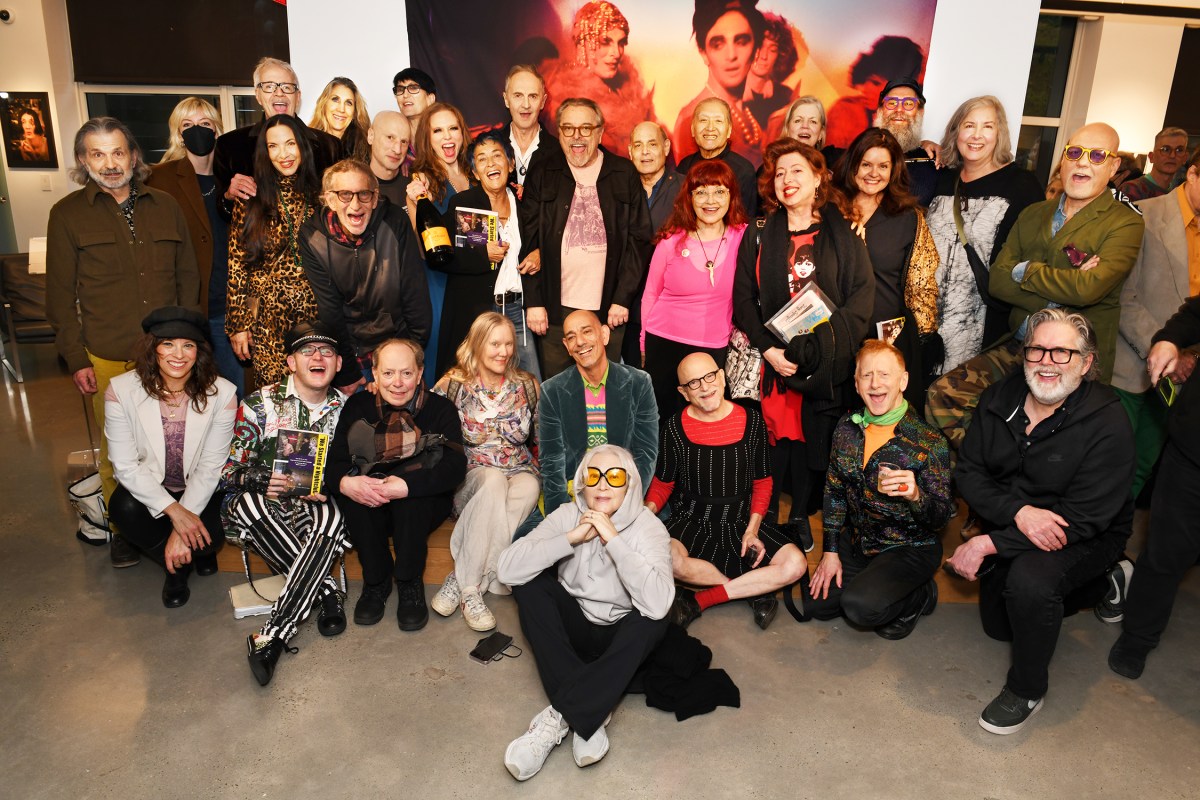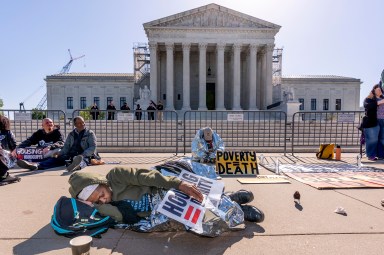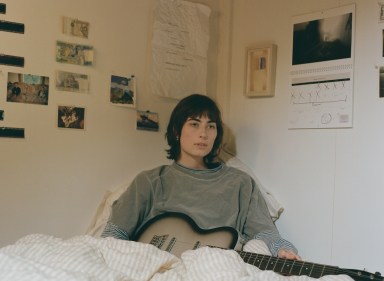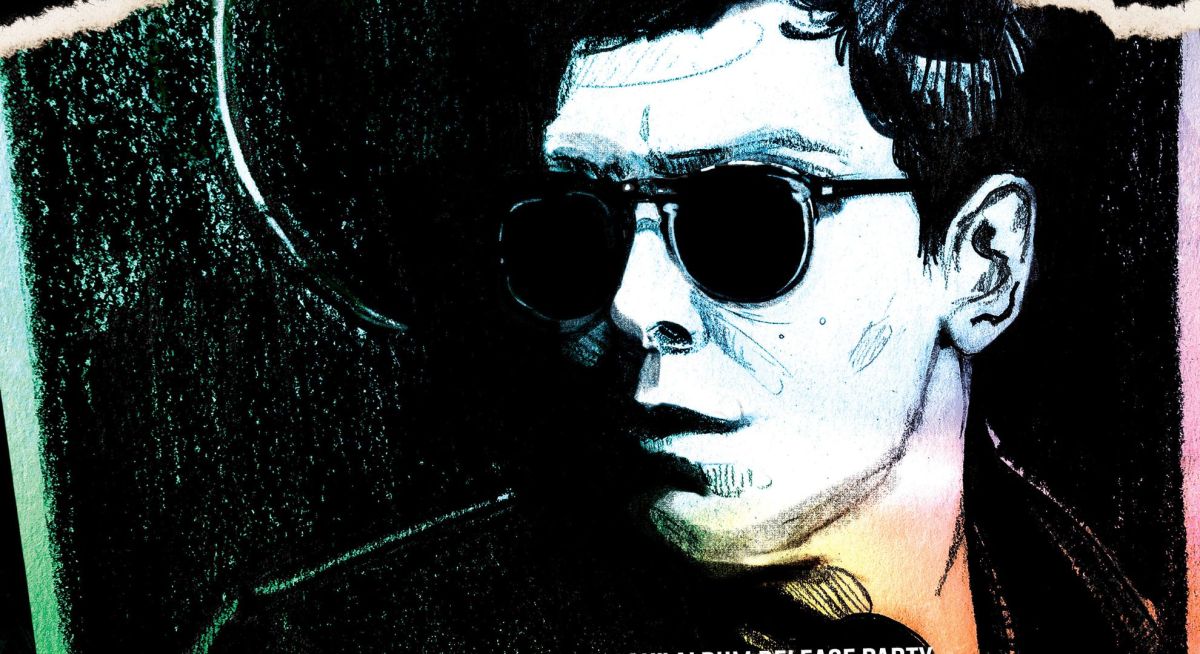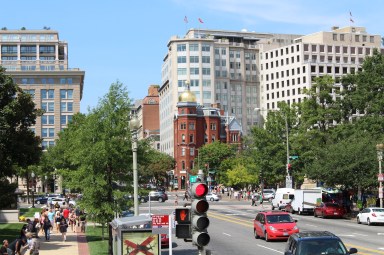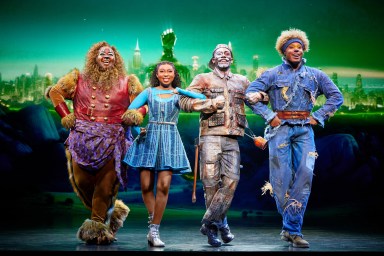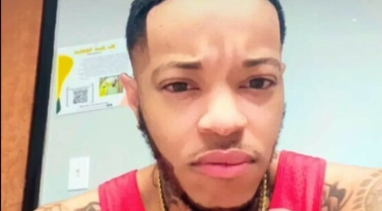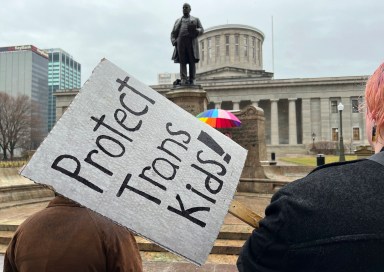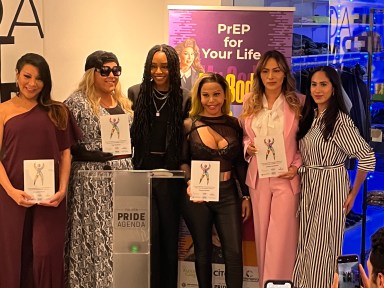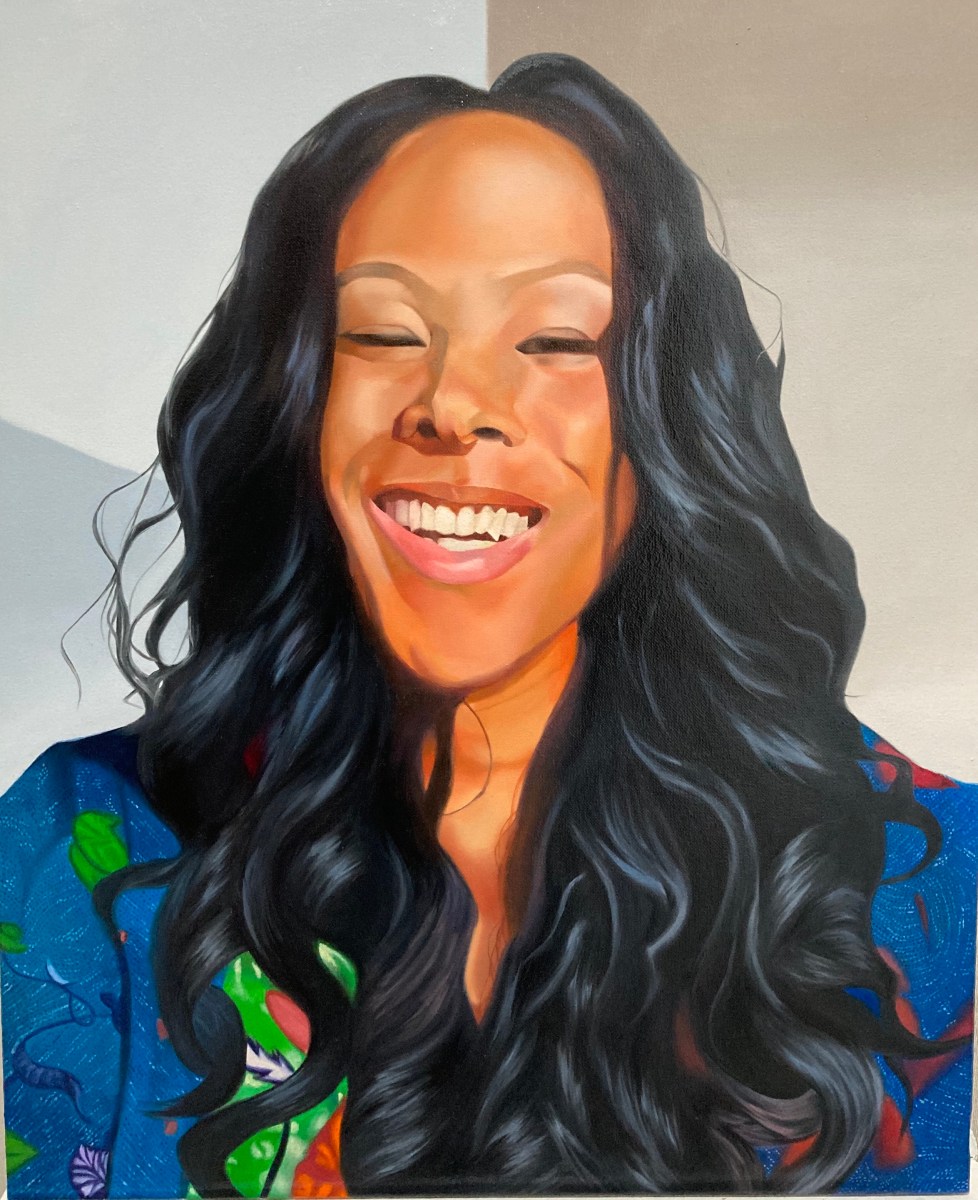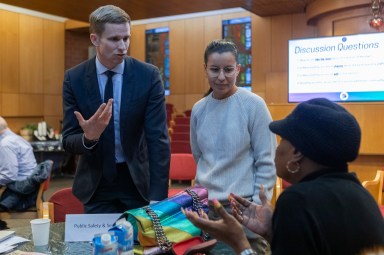Latest News
LGBTQ+ events in NYC
Today, 8 pm
April 27, 6 pm
May 2, 8 pm
May 16, 7 pm
Perspectives
Crime
 Answers sought in murder of Black trans man in Florida
Answers sought in murder of Black trans man in Florida No punishment for cops in Kawaski Trawick case, NYPD says
No punishment for cops in Kawaski Trawick case, NYPD says Two men arrested on drug charges in Cecilia Gentili’s death
Two men arrested on drug charges in Cecilia Gentili’s death Bigot with box cutter attacks gay man on board A train in Midtown: cops
Bigot with box cutter attacks gay man on board A train in Midtown: cops Man guilty in Black transgender woman’s killing in 1st federal hate crime trial over gender identity
Man guilty in Black transgender woman’s killing in 1st federal hate crime trial over gender identity
Politics
 Biden’s new Title IX rules protect LGBTQ+ students, but avoid addressing transgender athletes
Biden’s new Title IX rules protect LGBTQ+ students, but avoid addressing transgender athletes Biden campaign launches ‘Out for Biden-Harris’ to mobilize LGBTQ voters
Biden campaign launches ‘Out for Biden-Harris’ to mobilize LGBTQ voters Hundreds remember David Mixner’s life and legacy in NYC
Hundreds remember David Mixner’s life and legacy in NYC The Trump camp and the White House clash over Biden’s recognition of Transgender Day of Visibility
The Trump camp and the White House clash over Biden’s recognition of Transgender Day of Visibility Spending bill excludes most anti-LGBTQ riders, but bans Rainbow Flags at State Department
Spending bill excludes most anti-LGBTQ riders, but bans Rainbow Flags at State Department



